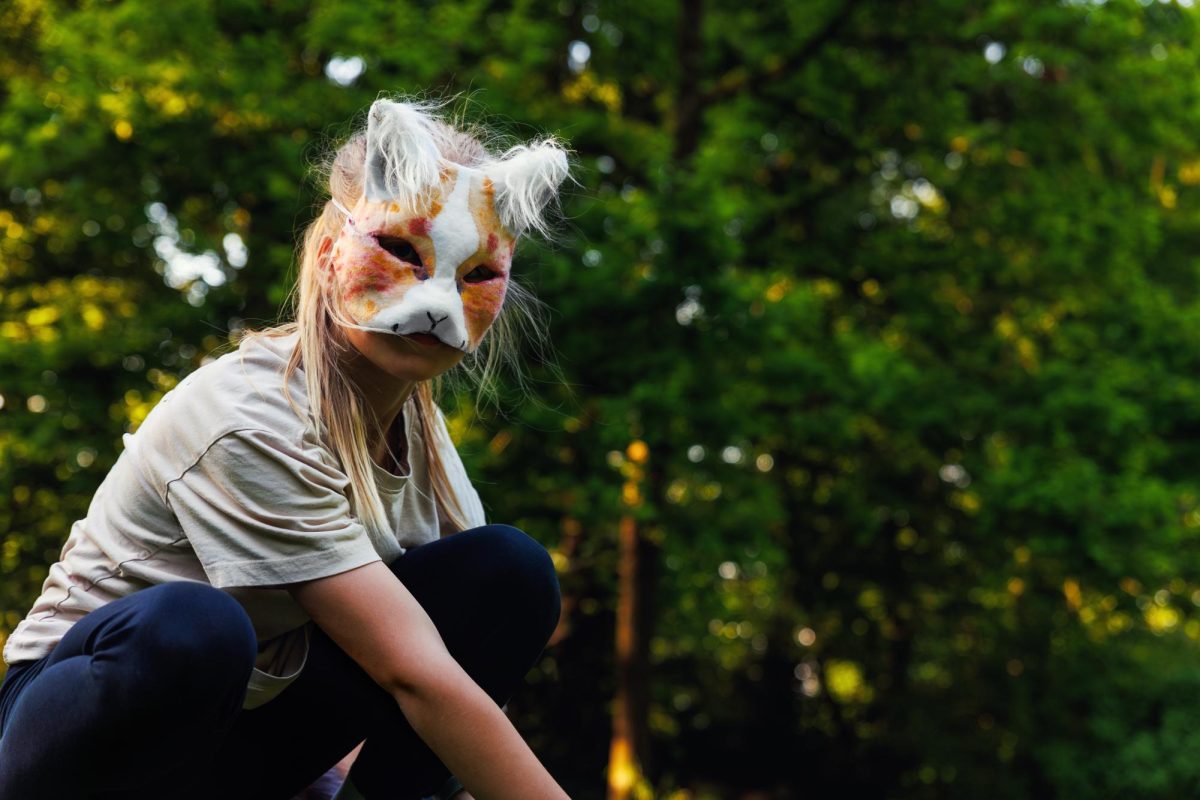
Sept. 11 brought a nation together by creating a climate in which hatred against Muslims was normalized. I was 11 years old when America labeled me an enemy, and I began to question my beliefs. Ten years later, I still don’t feel safe to be Muslim in the United States.
FBI statistics from 2005 show that while anti-Muslim and anti-Arab hate crimes in the United States have declined since Sept. 11th, the numbers are still five times greater than what they were in 2000.
In September of 1995, my family landed at LAX Airport in the middle of the night as war immigrants from Bosnia, where the country pitted Catholic Serbians against Muslim Bosnians during the 1992-95 Bosnian War.
It completely changed my life. As a young child, I was not allowed outside unless accompanied by a family member, and I spent most of my days and nights in a bomb shelter underneath the building my family lived in. All I knew at the time was being Muslim meant I was at risk of getting attacked on the streets by soldiers and civilians alike.
My mother is a Muslim Bosnian, and my father is a Catholic Serbian, which made my family a target for the Serbian forces who believed that there was a need for ethnic cleansing in the country. I was told every day to never give anyone my name, and the only people I could trust were family members.
When I started school in America, I spent my days in the classroom crying because I had never been left on my own before. The language barrier made it even more difficult, because there was no one to talk to. It took me six months after we arrived in Los Angeles to finally make a friend and carry on an actual conversation, because I learned that America was a place that accepted everyone.
Although I had total freedom, I never allowed myself to be too comfortable, because I couldn’t forget how I was treated simply because I was Muslim.
The morning of Sept. 11 changed my life again. I begged and pleaded with my mother every day after that to not send me to school and to find us a new country to live in.
I stopped communicating with friends and teachers, and kept my head down hoping no one would notice me. My classmates would ask me if I knew the attacks would happen, or if my family had any ties to the individuals involved, and I lived in silence and fear.
People who saw no difference between the terrorists and myself — because we were all Muslims — bullied me; we were all the same to them. I felt ashamed and angry, and began to take my feelings out on my family.
I began to drift away from them. As I got older, I retained every negative opinion and comment I heard, because to me, it served as proof that I didn’t belong in America.
According to Martin Evans from Newsday, between September 2001 and March 2002, there were 117 reports of hate crimes against Muslims in New York City alone.
Research done at the University of Albany and South Florida shows a rise in Muslim hate crimes in Los Angeles from three reported incidents to 26 following the attacks.
I believe it’s important that children be taught about different religions and the fact that not everyone with the same belief system comes from the same teachings. Public education should especially work harder to broaden young children’s knowledge on religion because of the growing number of immigrant families sending their children to these schools. It’s important that these individuals feel safe in their home.
Ten years after the Sept. 11 attacks, I still find myself feeling guilty for something I had no control over. At the airport, I am not just an American citizen, I am a Muslim living in America who gets searched and questioned every time I try to leave or enter the country.
It’s difficult hearing about America being the land of freedom and opportunity knowing your right to that will be questioned when you try to exercise it.





